1. What is “Kaiguang”?
“Kaiguang” refers to the religious ceremony of infusing an idol with the invisible, boundless spiritual power of the universe, endowing it with divine energy. This practice varies across religions, with Buddhist and Taoist versions being the most notable. Originating in Taoism, “Kaiguang” is one of its rituals. Although Buddhism initially did not have “Kaiguang,” it had similar practices like the blessing of Buddha statues. Over time, these practices have been collectively termed as “Kaiguang.”
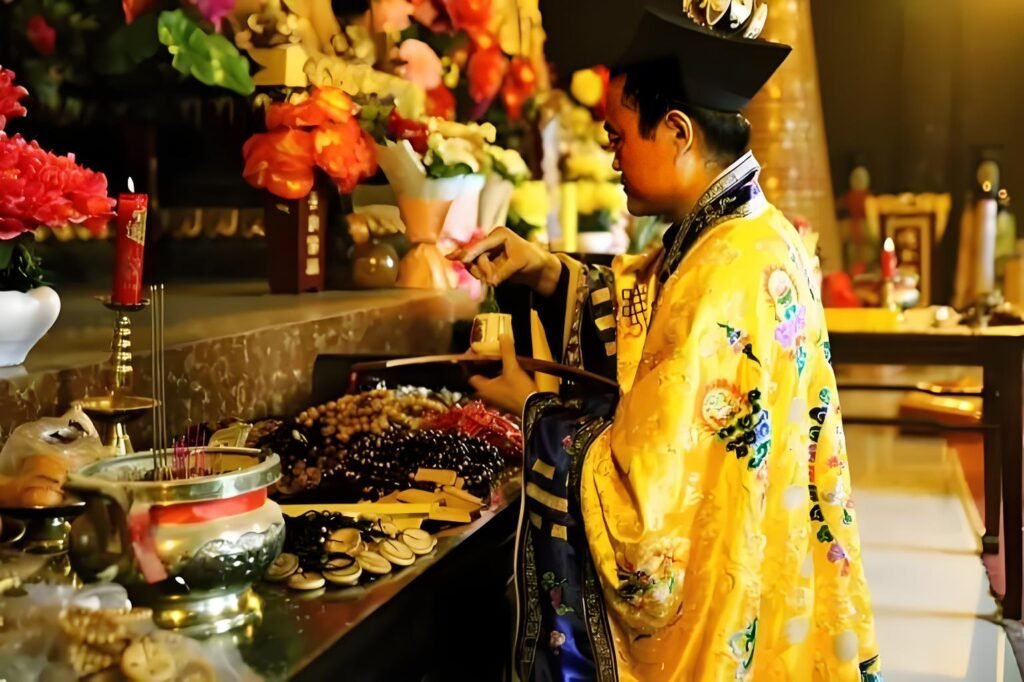
2. Introduction to Buddhist “Kaiguang”
In Buddhism, “Kaiguang” applies to images of Buddhas, Bodhisattvas, and Vajras, while other items are simply blessed. The ceremony involves specific rituals, which differ from those in other religions. In Buddhism, both Exoteric Buddhism and Esoteric Buddhism share the goal of invoking the power of Buddhas and Bodhisattvas to bless objects, enhancing the fortune of those who wear them and providing protection and well-being
In Esoteric Buddhism, specific offerings and recitations are used to achieve this blessing.
Blessed amulets are believed to receive the power of Buddhas and Bodhisattvas, emitting a protective aura that repels evil spirits.
The ceremony must be conducted by a highly skilled and virtuous person to be effective.
If performed by an ordinary practitioner, sincerity and genuine practice are required for the ritual to succeed.
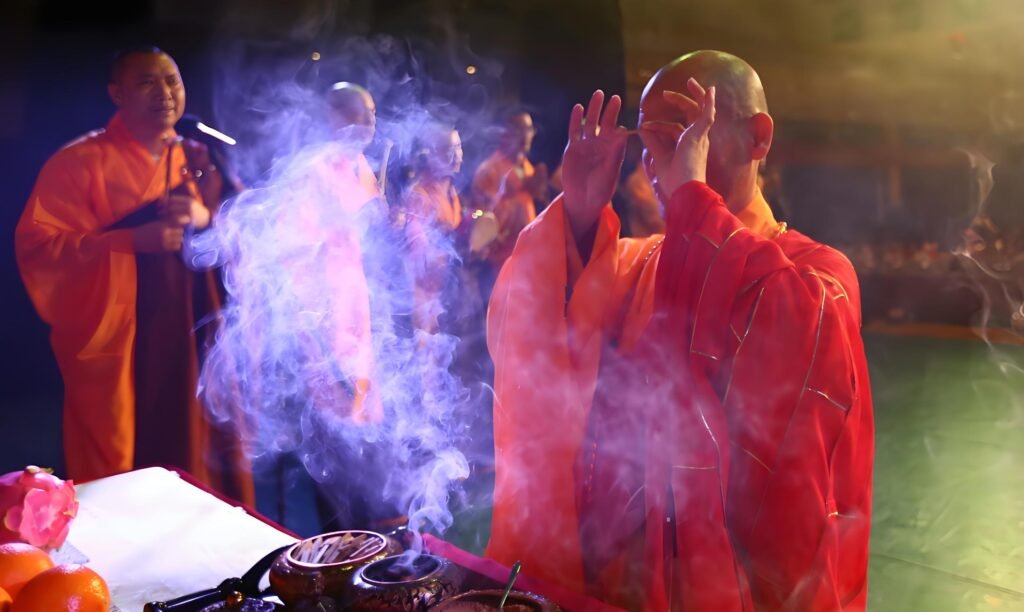
3. Differences between “Kaiguang” and “Blessing”
“Kaiguang” and “blessing” are distinct concepts often confused.
“Kaiguang” and “blessing” are distinct concepts often confused.
Blessing: Involves infusing an object with spiritual power, often used for religious artifacts or talismans. It is a religious ritual that invokes divine power for protection, prosperity, and well-being. Such items are known as “Dharma instruments” and can be carried around.
Many so-called “Kaiguang” items sold at tourist sites are not genuinely consecrated. When visiting temples, it is best to offer incense with sincere wishes, which will reach the deities.
Further Explanation on Blessing: A capable practitioner infuses their intentions into an object, which then offers protection, luck, and enhanced fortune. Properly blessed items can help avoid misfortune and adversity in daily life. After purchasing a talisman, having a skilled practitioner bless it can imbue it with spiritual power, turning it into a “Dharma instrument” that adjusts Feng Shui or acts as a protective charm.
Common items for blessing include beads, bracelets, and pendants. If used solely as decorations, blessing is unnecessary. The item should have a “living” quality, meaning it can carry spiritual power, such as materials like gold, silver, crystal, coral, amber, and jade, which are effective for blessings. Objects like marriage certificates, cars, and furniture lack this capacity and are not suitable for blessing.
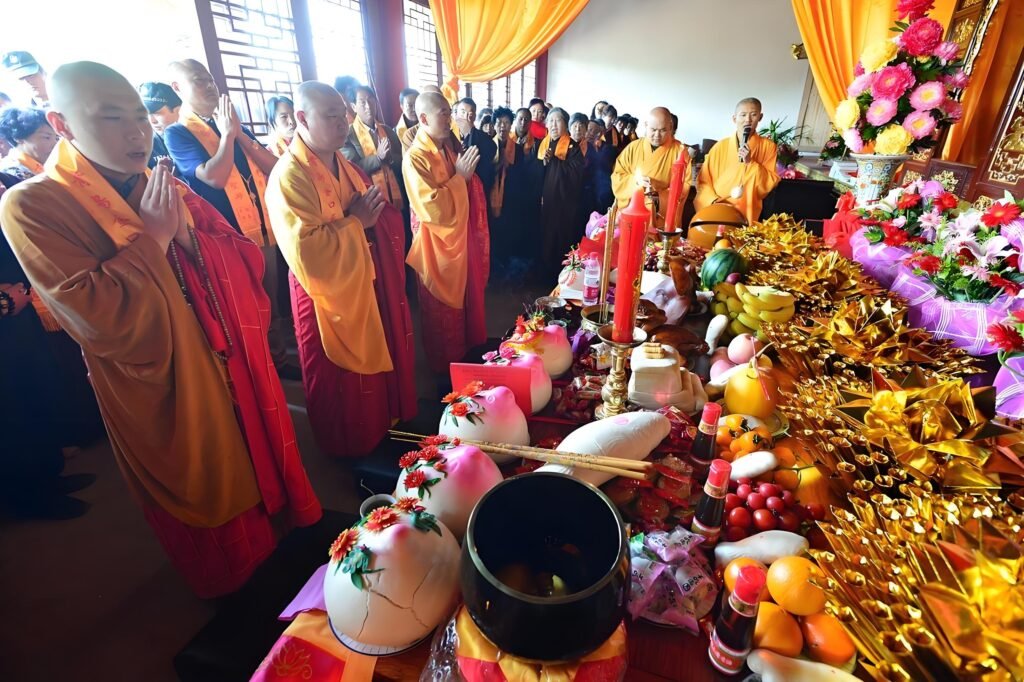
Common items for blessing include beads, bracelets, and pendants.If used solely as decorations, blessing is unnecessary.
The item should have a “living” quality, meaning it can carry spiritual power, such as materials like gold, silver, crystal, coral, amber, and jade, which are effective for blessings. Objects like marriage certificates, cars, and furniture lack this capacity and are not suitable for blessing.
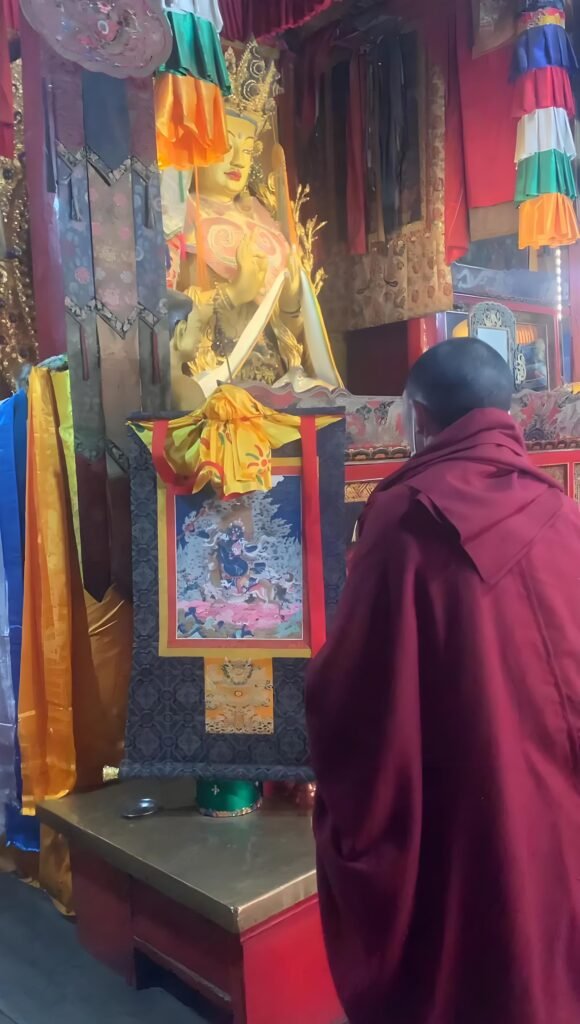
Three Points to Note When Acquiring and Using Blessed Items:
Timing: The first use should be between 7 and 9 AM, known as “Chen Shi,” symbolizing auspicious beginnings.
Handling: Avoid letting others touch the blessed item, except for close family members.
Care: If the item gets wet or touched by others, clean with water and sun-dry between 11 AM and 1 PM, when the sun’s energy is strongest.
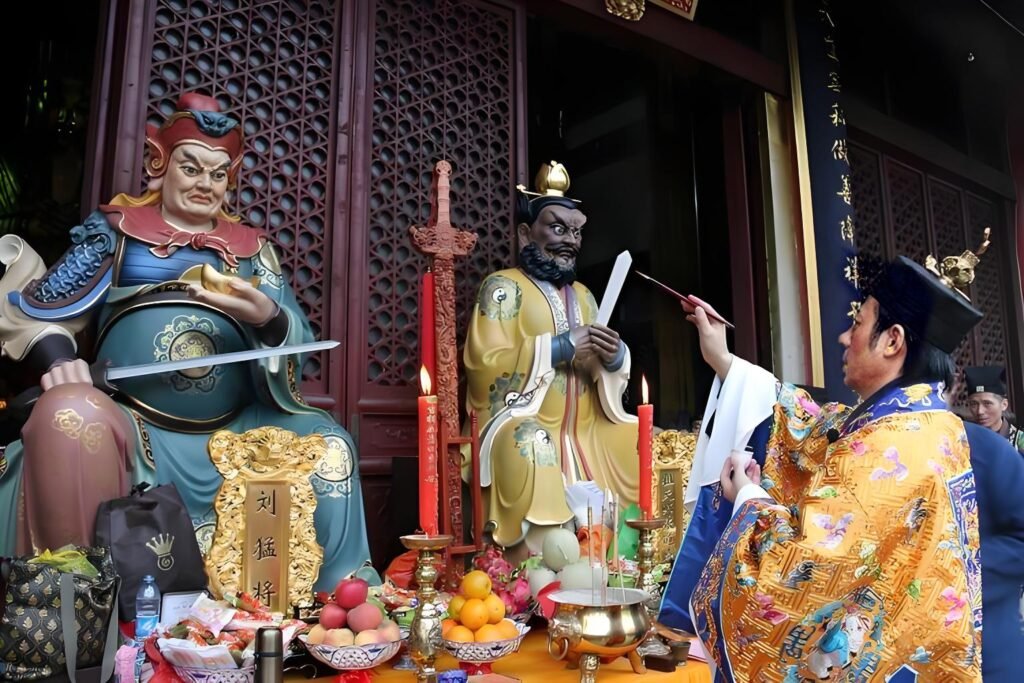
Additionally, maintain “respect” and “purity” when using blessed items.
Respect: Treat the item with reverence to activate its spiritual power.
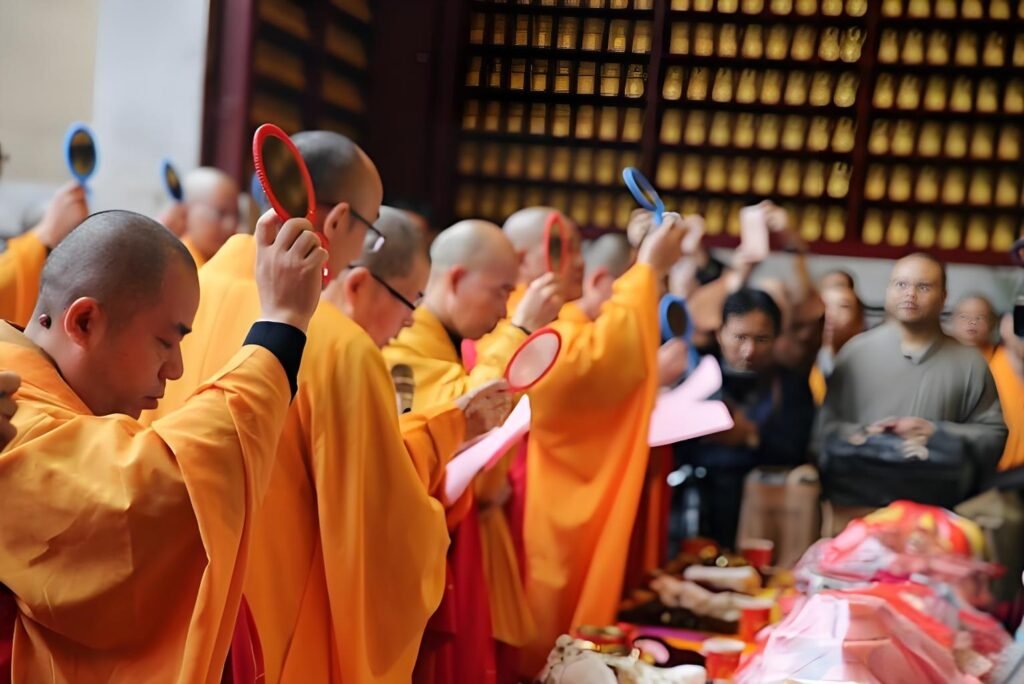
Purity: Keep the environment and your mind clean. Blessed items resonate with positive energy and require a harmonious atmosphere. Negative thoughts or actions can disrupt this harmony and negate the protective benefits.
